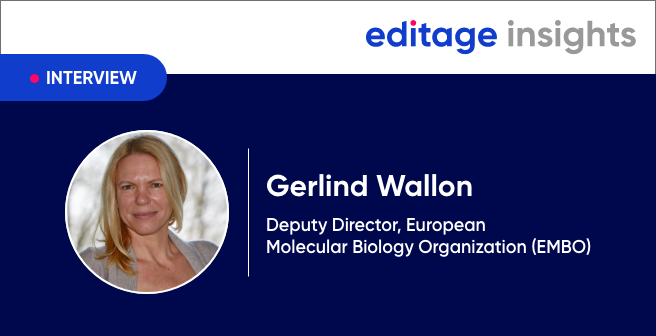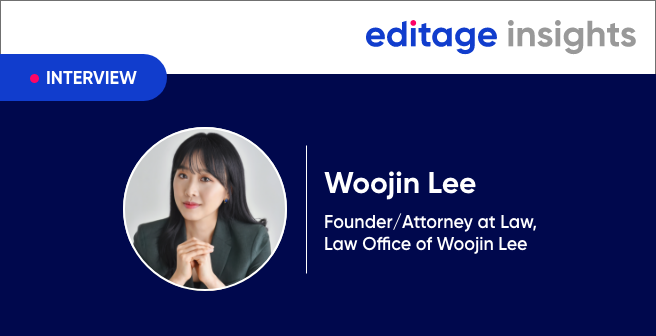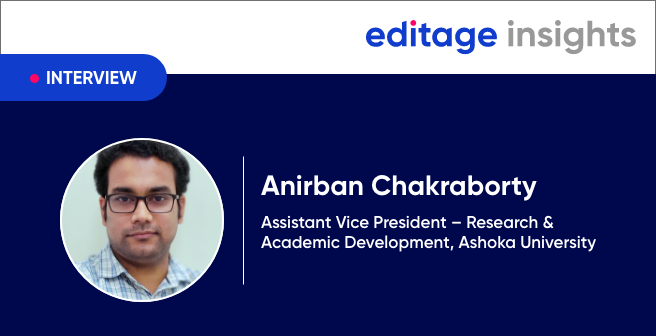“Write from memory first, and then add the details and technicalities.”

Can you describe your career in short? How did you decide to become a professional editor?
I am an academic by profession with a profound love of writing. I’ve worked at a university as part of the faculty for almost 20 years, a career that found me rather than the other way round. The last 13 years or so have been spent writing, researching, and finishing up post-grad studies (and supervising students to finish theirs). Like academia, editing found me.
Tell us about your specialized subject of interest. What new developments are you eagerly following and believe are especially significant to the progress of your field?
My area is specifically communication, media, and organisational behaviour. In terms of developments, my interest lies deeply in technology and how it influences the way we interact, communicate, work, live, and think. Life as we know it is changing, and it is our job to understand the impact of these changes.
You are part of the Center of Excellence for Sociology, Anthropology, and Organizational Behavior at Editage, CACTUS. How does this association with an area of specialization influence your approach towards editing? What do you like most about this area of study?
I try to make the piece I am working on more ‘human,’ as the field is a very human one. As such, I often go for a more conversational tone, although I always keep within the author’s style as well. This area of study is, again, human. It’s alive and dynamic.
Is there anything specific you do to provide high-quality edits across various manuscripts?
For each paper, I try to ‘get into the head’ of each author. I try to pick up their thoughts, their writing patterns, and their motivations.
As an editor, how do you define a good English paper? Do you have any advice for authors on how to improve their writing skills?
For me a good English paper is concise without any ‘extra’ words. My advice is a cliché: keep it short and simple! And don’t try and use ‘fancy’ words, which often detract from your meaning.
What advice would you give to editors on how to sustain their interest in editing and provide the client with high-quality work?
Edit pieces that interest you and be open to everything. Sometimes, the most interesting pieces have nothing to do with your usual frame of reference.
Please tell us more about yourself; what are your hobbies or activities you enjoy when you are not working?
I enjoy scuba diving and am currently pursuing further professional development in this regard—currently I am Padi Advanced certified. I also love travelling, usually to off-the-beaten-track places where one can rediscover the soul. In winter, I ski; in summer, I walk, kayak, and dive as often as possible; and throughout the year I enjoy cooking, photography, and dreaming about winning the lotto so that I can fulfil all my dreams! My next big adventure is hopefully a marine conservation expedition (soon as those lotto winnings come in!). I try also to get home to visit my family as often as I can.
A few words for our clients…
Write from memory first, and then add the details and technicalities. This generally helps avoid superfluity and redundancy. Most importantly, love your research.



